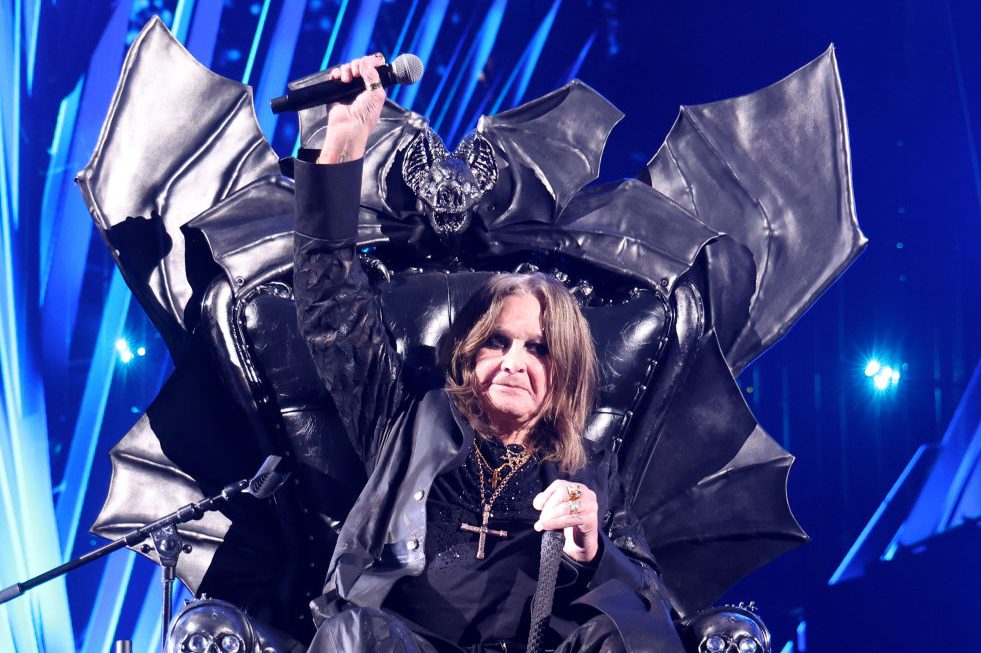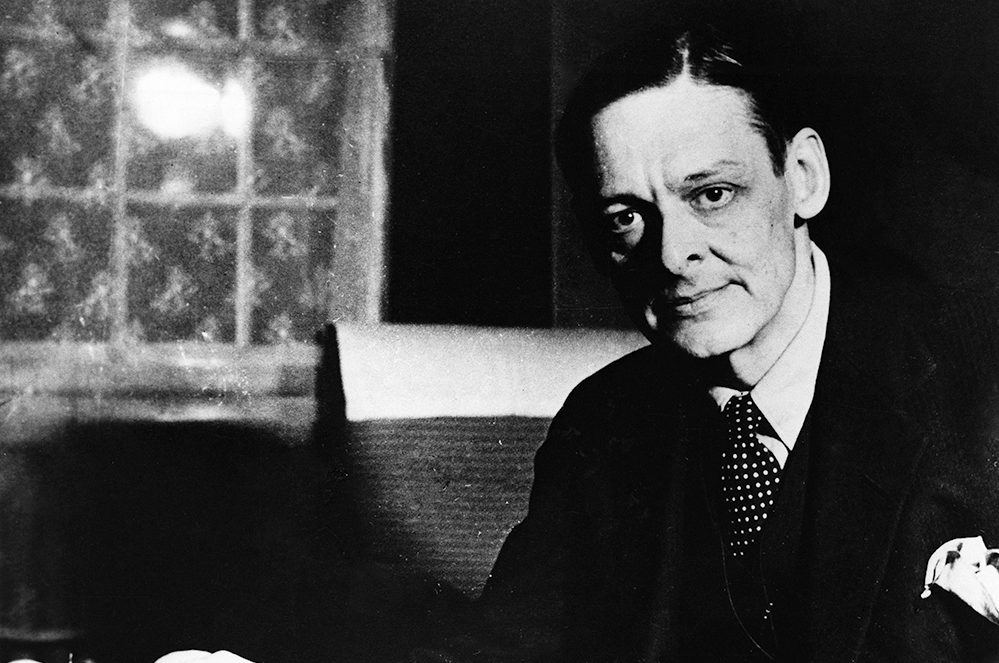Very few of us, whether celebrities or mere mortals, manage to arrange the circumstances of our departure from this world in order to leave in a blaze of glory. Up until today, the only example I could think of was David Bowie, who died two days after his glorious final album, Blackstar, was released. But now he is joined in whatever Valhalla rock stars congregate in by none other than Black Sabbath’s Ozzy Osbourne, who has died at the age of 76. His death comes a mere two and a half weeks after his former band played their final gig in Villa Park in Birmingham, England, where the band hailed from.
The concert, “Back to the Beginning,” saw Osbourne clearly in failing health, unable to stand or walk due to his Parkinson’s disease, and seated, appropriately enough, on a throne. Yet before he performed two short sets – one of his solo material, and another with Black Sabbath – a veritable who’s who of heavy-metal and hard-rock acts performed, from Metallica and Guns N’ Roses to Aerosmith’s Steven Tyler and the Rolling Stones’s Ronnie Wood. All were united by their respect and affection for the incorrigible old rogue, who began his career in the late Sixties with Black Sabbath and went on from his reputation as the Prince of Darkness to become a likable befuddled figure. His antics on the reality-television show The Osbournes introduced him to a new audience who neither knew or cared about his previous hellraising career.
Osbourne certainly lived a life. Stories about him in his pomp are legion, whether it’s the notorious incident in Des Moines in 1982 where he bit the head off a bat when it was thrown on stage – he thought it was fake; it was real, and he required a plethora of rabies shots afterwards – or urinating on the Alamo in a drug- and drink-induced stupor. He once commented about many of his antics – including an ill-advised drunken visit to the George W. Bush-era White House – that “I was taking drugs so much I was a wreck.” He was not wrong. Yet thanks in part to the careful ministrations of his second wife and manager, Sharon – who has become a celebrity in her own right thanks to The Osbournes – he managed not just to become respectable, but beloved, carefully playing up to the incongruity between his dark past and calmer (if still-chaotic) present.
Black Sabbath’s music will never be for everyone, but the respect and love with which such singles as “Paranoid” and “War Pigs” have been treated ever since they were recorded, as well as the 100 million records that Osbourne and his bands sold during their career, are far from negligible achievements. Yet, more than this, the reason why Ozzy was so highly thought of, right up until his last stand at the beginning of the month, was that he was charming in his befuddlement, playing the part of the devilish entertainer with a gleam in his eye that let his delighted audience know he was in on the joke. Still, remaining interesting in the ever-fickle music industry for over five decades is no joke, and if Osbourne had to become an exaggerated version of himself in order to stay popular, that was a price worth paying.
Although he was, by his own admission, a diminished figure toward the end of his life, wracked with Parkinson’s, Osbourne still possessed the lugubrious wit that had endeared him to so many throughout his life. In one of his final interviews, he remarked “I don’t think we ever had a good review. Maybe that was a catalyst in a way: every critic didn’t like us, so more of the people liked us. We were a people’s band: four guys from Aston, one of the poorest parts of Birmingham.” They may never have had the respect of the Beatles or Metallica, but Black Sabbath – its members themselves bedeviled by fallings-out and conflict – were able to put their differences behind them one final time, and the results (which, incidentally, raised $170 million) are a testament to the great affection with which their singer was held in. Ozzy, as he will always be known, was a hilarious, contrary, oddly lovable figure. We shall not see his like again.


























Leave a Reply